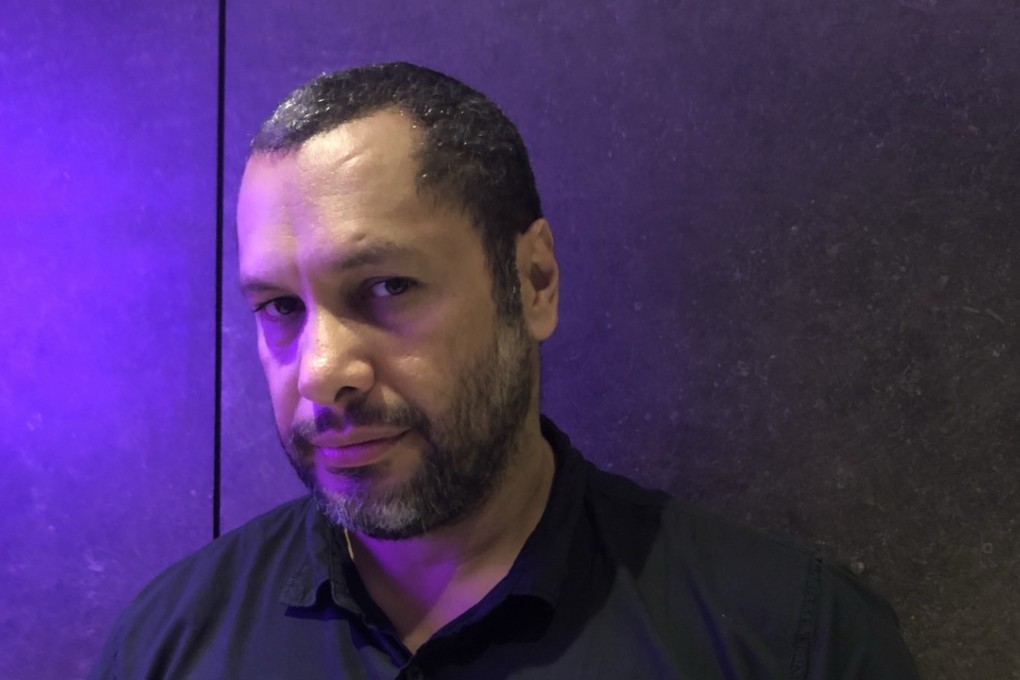Exclusive | Papua New Guinea ‘should learn from Malaysia’s Mahathir to avoid becoming a Chinese colony’
- Opposition politician Gary Juffa says country should learn from example of Malaysian PM, who cancelled belt and road projects owing to debt fears
- Critics warn country’s growing closeness to China is not benefitting local people and undermining its sovereignty

Papua New Guinea must learn from Malaysian Prime Minister Mahathir Mohamad when it comes to countering China’s growing influence, a leading opposition politician has warned.
But Gary Juffa, the governor of Oro province and the leader of an opposition party in parliament, warned there was a risk of becoming a colony of China arguing that local people were not benefitting from infrastructure projects built under the Belt and Road Initiative.
The impoverished nation is in the global spotlight as leaders of 21 member countries of the Asia-Pacific Economic Cooperation (Apec) attend a summit in the capital Port Moresby.
China and Australia have been the primary aid donors to Papua New Guinea, as they compete for influence in the impoverished island nation by building much-needed infrastructure.
But Juffa, the leader of the People’s Movement for Change party, told the South China Morning Post that caution and transparency was needed regarding aid and investment from China as well as from other nations.